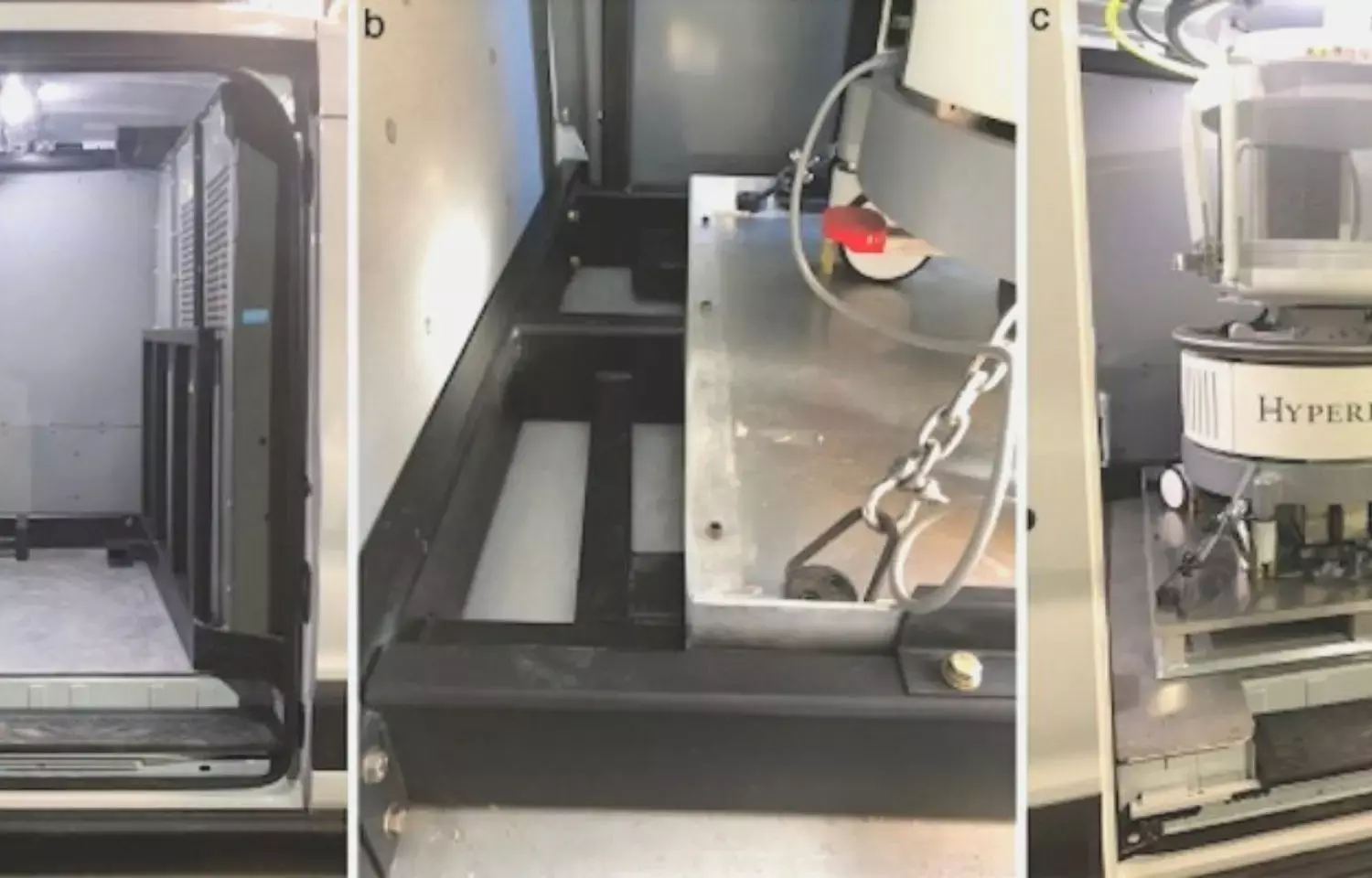- Home
- Medical news & Guidelines
- Anesthesiology
- Cardiology and CTVS
- Critical Care
- Dentistry
- Dermatology
- Diabetes and Endocrinology
- ENT
- Gastroenterology
- Medicine
- Nephrology
- Neurology
- Obstretics-Gynaecology
- Oncology
- Ophthalmology
- Orthopaedics
- Pediatrics-Neonatology
- Psychiatry
- Pulmonology
- Radiology
- Surgery
- Urology
- Laboratory Medicine
- Diet
- Nursing
- Paramedical
- Physiotherapy
- Health news
- Fact Check
- Bone Health Fact Check
- Brain Health Fact Check
- Cancer Related Fact Check
- Child Care Fact Check
- Dental and oral health fact check
- Diabetes and metabolic health fact check
- Diet and Nutrition Fact Check
- Eye and ENT Care Fact Check
- Fitness fact check
- Gut health fact check
- Heart health fact check
- Kidney health fact check
- Medical education fact check
- Men's health fact check
- Respiratory fact check
- Skin and hair care fact check
- Vaccine and Immunization fact check
- Women's health fact check
- AYUSH
- State News
- Andaman and Nicobar Islands
- Andhra Pradesh
- Arunachal Pradesh
- Assam
- Bihar
- Chandigarh
- Chattisgarh
- Dadra and Nagar Haveli
- Daman and Diu
- Delhi
- Goa
- Gujarat
- Haryana
- Himachal Pradesh
- Jammu & Kashmir
- Jharkhand
- Karnataka
- Kerala
- Ladakh
- Lakshadweep
- Madhya Pradesh
- Maharashtra
- Manipur
- Meghalaya
- Mizoram
- Nagaland
- Odisha
- Puducherry
- Punjab
- Rajasthan
- Sikkim
- Tamil Nadu
- Telangana
- Tripura
- Uttar Pradesh
- Uttrakhand
- West Bengal
- Medical Education
- Industry
Mobile low-field MRI scanner makes investigation accessible to masses: Study

USA: A mobile approach wherein a cargo van kitted out with a portable MRI scanner may enable imaging of patients and participants who have mobility challenges are otherwise unable to travel to an imaging center or hospital or live long distances from imaging centers. These are the findings from a recent study published in Scientific Reports.
Magnetic resonance imaging (MRI) helps in visualizing the anatomy and organization of the brain and central nervous system. However, unlike functional near-infrared spectroscopy or electroencephalography (EEG) MRI remains a hospital or center-based modality that cannot be brought to a patient or study participant. However, low magnetic field strength MRI systems offer the potential beyond these traditional hospital and imaging center boundaries.
In the study, Sean C. L. Deoni, Department of Diagnostic Radiology, Warren Alpert Medical School at Brown University, Providence, RI, USA, and colleagues described the development of a modified cargo van that incorporates a removable low-field permanent magnet MRI system and demonstrate its proof-of-concept.
Using phantom scans and in vivo T2-weighted neuroimaging data, the researchers observed no significant differences with respect to geometric distortion, signal-to-noise ratio, or tissue segmentation outcomes in data acquired in the mobile system compared to a similar static system in a laboratory setting.
Accessible, lower-cost, and portable MRI systems seem promising for mobile imaging based on a human-centered design philosophy in which the scanner and research lab come to the participant.
"In the study, we showed for the first time that a fully mobile MRI system that can reach almost any home in the US and offers quality whole-brain structural imaging without penalty to image quality of geometric fidelity," wrote the authors. "Results are the basis for larger-scale public health and epidemiological neuroimaging studies, potentially utilizing a network of connected mobile scanners, representing a fundamental shift from current standard approaches."
They suggested that while results here are shown in the US, they further envisage translating these results to lower-income countries and settings, many of which have few or no MRI systems, with profound implications for global health and healthcare access.
Reference:
Deoni, S.C.L., Medeiros, P., Deoni, A.T. et al. Development of a mobile low-field MRI scanner. Sci Rep 12, 5690 (2022). https://doi.org/10.1038/s41598-022-09760-2
Dr Kamal Kant Kohli-MBBS, DTCD- a chest specialist with more than 30 years of practice and a flair for writing clinical articles, Dr Kamal Kant Kohli joined Medical Dialogues as a Chief Editor of Medical News. Besides writing articles, as an editor, he proofreads and verifies all the medical content published on Medical Dialogues including those coming from journals, studies,medical conferences,guidelines etc. Email: drkohli@medicaldialogues.in. Contact no. 011-43720751


